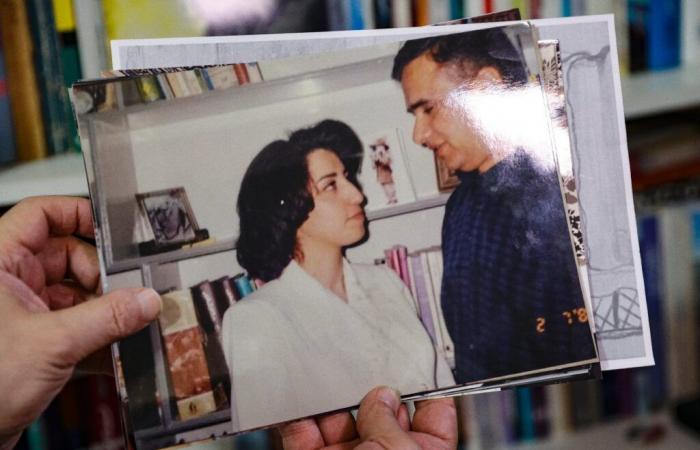Narges Mohammadi gave this rare interview remotely, taking advantage of a three-week provisional release for medical reasons, which began on December 4.
“I have finished my autobiography and plan to publish it. I am writing another book on the assault and sexual harassment committed against women prisoners in Iran. I hope it will be published soon,” says the Iranian human rights activist, responding in Persian, in writing and by voice message, to questions asked by the French magazine.
“My body is weakened, it is true, after three years of intermittent detention without permission and repeated refusals of care which have seriously tested me, but my mind is of steel,” assures Ms. Mohammadi.
The Nobel Peace Prize winner was notably incarcerated in Evin prison in Tehran.
“In the women's quarter, there are seventy of us, from all backgrounds, all ages and all political sensibilities”, including “journalists, writers, intellectuals, people of different persecuted religions, Bahais , Kurds, women’s rights activists,” she explains.
“Isolation is one of the most commonly used instruments of torture. It is a place where political prisoners die. I have personally documented cases of torture and serious sexual violence against my fellow prisoners,” he added. the 52-year-old activist.
“Despite everything, it is a challenge for us, political prisoners, to fight to keep a semblance of normality, because it is a question of showing our executioners that they will not be able to reach us, to break us” , she continues, indicating that she shares a room with 13 other inmates.
Narges Mohammadi reports acts of resistance by detainees. “Recently, forty-five out of seventy prisoners gathered to protest in the prison courtyard against the death sentence of Pakhshan Azizi and Varisheh Moradi, two of our fellow prisoners who are Kurdish women's rights activists,” reports She.
“We often organize sit-ins,” she assures, denouncing reprisals in the form of deprivation of visiting rooms and telephones.
The activist adds that “each statement in the newspapers is likely to result in new accusations” and that she is the subject “every month approximately” of additional prosecutions and convictions.
Convicted many times and imprisoned for 25 years for her commitment against the compulsory veil for women and against the death penalty, she was locked up for a large part of the last decade.
From the UN to the Norwegian Nobel committee, many voices have demanded his unconditional and permanent release.






